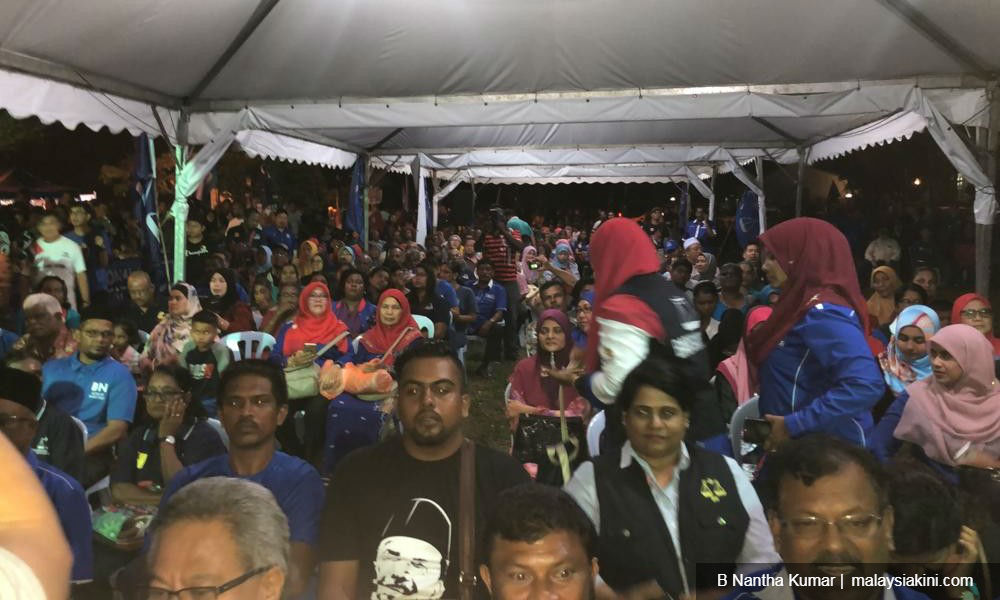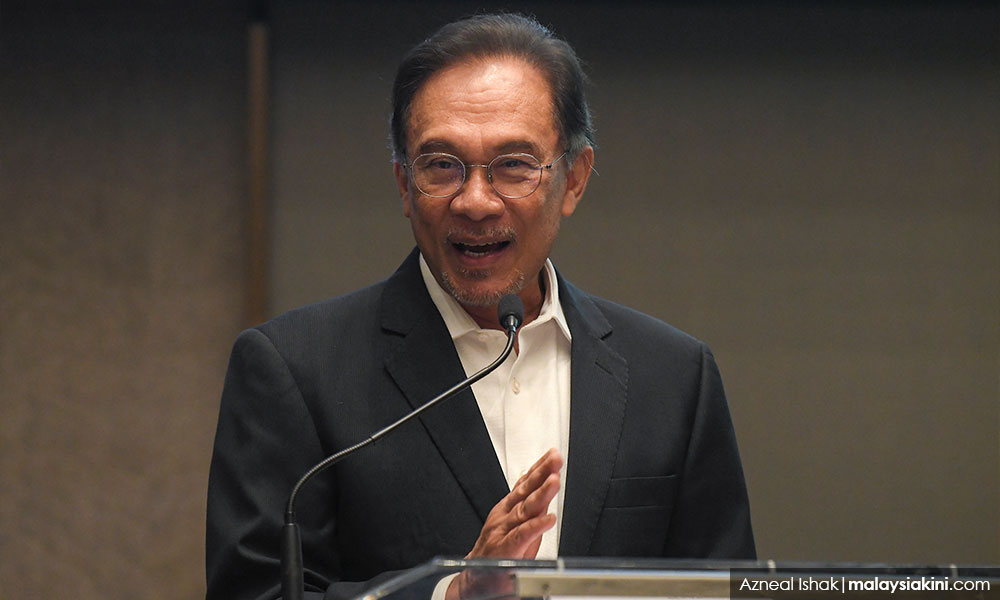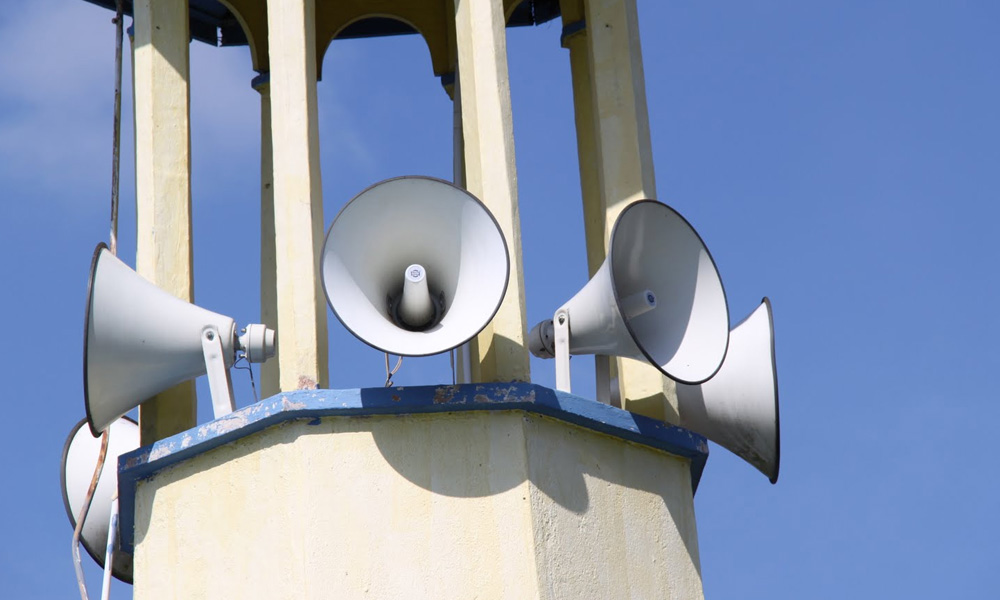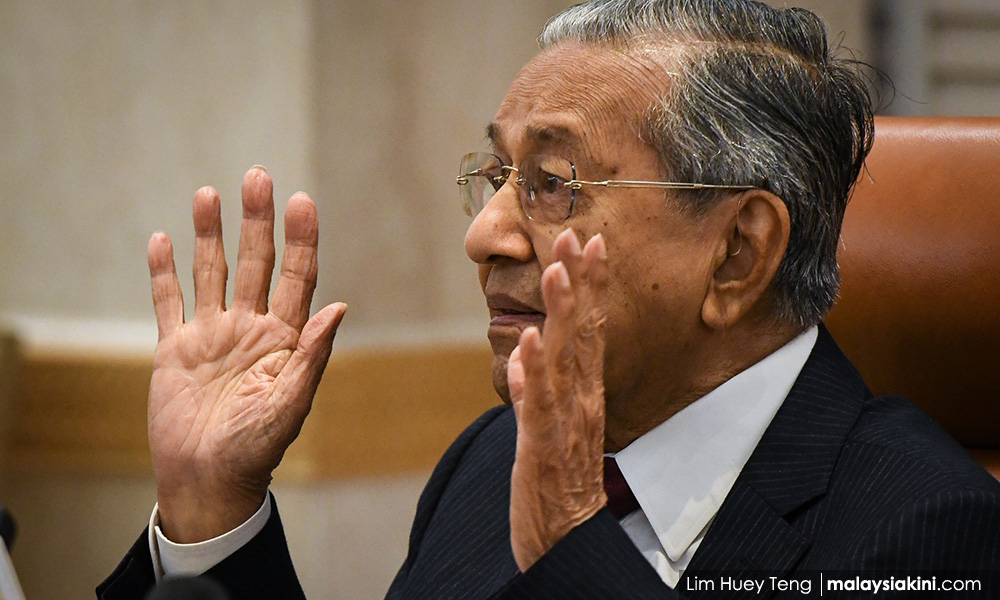
“Don't hit at all if it is honourably possible to avoid hitting; but never hit soft!”
- Theodore Roosevelt
The rumblings from the rural Malay heartland, amplified by the union between PAS and Umno, is an example of how policies that could save Malaysia are held hostage by rural voters.
Commenting on the global trend of identity politics and warning that rural Malay voters should not be dismissed as “racists”, KRA strategy director Amir Fareed Rahim has called for identity politics to be challenged by the politics of hope and vision.
The problem with all this talk of the politics of “hope” and “vision” is that ultimately it means very little. What “vision” does Harapan have for this country when it comes to the foundation of mainstream Malay politics? If all Harapan is doing is replaying the Umno/BN game, then it will surely lose the rural Malay vote that seems to be the holy grail of Malaysian politics.
Rural Malay voters understand they have nothing to lose if they vote for the opposition because they understand the game is rigged in their favour. They know that Malay power structures will not do anything to “punish” them because they hold so much power – unequal power – when it comes to who is running this country. Malaysia has not seen a rise in identity politics because the foundation of Malaysian politics is identity politics.
While Harapan needs a message, what is more important at this moment is that it needs to develop a backbone. Having a message is pointless if you allow the message to be hijacked, or worse, manipulated by your political opponents. To ensure that both do not happen, you need a backbone.
In a recent forum about Harapan's progress, a panellist argued that Harapan should be using state propaganda resources to counter the “extremists' views.” Tengku Razaleigh Hamzah, before the 14th general election, talked about how the state had resources which not only included media organisations, but also intelligence services, which gave them an edge in elections.

There has been much talk about how Harapan’s messaging has been failing. Most recently prime minister-in-waiting Anwar Ibrahim (photo, above) conceded that Harapan’s dodgy messaging was the cause of much of its problems.
He also claimed that the “urban elite” was distracting from the bread and butter issues of the rural people, which I suppose put him on the opposite side of what E Nalini said at the forum: “But people who are critical of the government and saying good things are being investigated.”
The real issue is, what “message” does the Harapan regime have? When Kok Lanas assemblyman Alwi Che Ahmad said, “Do you know that (Attorney-General) Tommy Thomas is now a household name even in the kampung? I don’t need to elaborate why.” Alwi does not need to elaborate because what the far right has been doing is propagating the idea that the non-Malays are taking over the government and not respecting the royal institutions and Islam.
Their message is working for the base which they need, and they are bereft of the mainstream propaganda channels they used to have.
What about Harapan’s message? Harapan's message seems mainly about rebranding Umno/BN era policies – with the qualifier that it would be less “corrupt” and placating the extreme elements, which do not necessarily include the Umno/PAS union.
Let us not talk about the preoccupations of the non-Malays, but rather the fight for the Malay demography. It is pointless for Harapan’s religious czar to blather on about how mosques should be free from politics. If there are clerics who are federally funded or (Harapan) state-funded, they should be pushing the Harapan narrative on Islam. When you work for the federal bureaucracy or get funds from the federal bureaucracy, you should be pushing the official narrative of the state.

They should be politicising the Islamic narrative of the Harapan state in mosques and in the mainstream media. They should not be allowed to propagate Umno's version of Islam. If they do not fall in line, they should be fired. There are a plethora of young religious school graduates who are waiting for an opportunity to take their place and who have a burgeoning following on social media.
The question is whether there is a difference between the Islamic narrative of the Harapan regime and the former Umno regime.
Another point is how the Malay power structures in Harapan are not defending their non-Malay counterparts. You can call the MCA (I still do not want to talk about the MIC) running dogs, but when the Umno/BN regime was functional, the Malay power structures in BN created a narrative for non-Malay participation in BN. They did this using not only state media, but also localised policies that did not threaten the sensitivities of the Malay vote banks.
Some political and religious operatives claim the DAP is damaging Harapan’s “Malay” public image with the statements they make. This is probably true in some instances, but the larger, more important narrative is that when BN was in power, it acknowledged in its propaganda activities that the MCA had to look after Chinese interests and pushed the narrative that this was part of the social contract.
Unfortunately, Harapan does not have this convenient tool. Harapan has made some bold symbolic moves, like anointing a non-Malay as AG and making the CJ a woman, but what it has failed to do is fight dirty with the far right.
What Harapan should be doing is demonstrating that the new regime will not bow down to the far right when it attempts to diminish government institutions. The way to do this is to use laws it uses against ordinary citizens - those people who E Nalini said are saying "good things" - against the racial and religious provocateurs of the far right. Let these political operatives defend themselves in a court of law instead of contaminating the court of public opinion.

You can make all sorts of promises and throw goodies closer to elections, but until the big showdown, you should be wearing down your opponents. A good example is this royal fight between Mahathir and the royal house of Johor. Many people are using Mahathir as a proxy for their pent up feelings about the royal institution, but what this demonstrates is that at least Mahathir is willing to slay sacred cows when political power (his) is threatened.
Of course, Mahathir is not getting the backing he should receive because most Harapan political operatives are struggling to find their cajones. I do not blame the non-Malay political operatives for not getting involved, and they should stay out of it. However, Harapan Malay power structures should be jumping on the bandwagon to drive home the point to the far right and their proxies that there is a new sheriff in town.
Of course, the far right is waiting to see if there is a handover of power, or even if the prime minster's age permits, for him to continue the fight. That is a scary proposition, since most in the Malay power structure in Harapan would rather fight one another than their political opponents.
This is New Malaysia, one year on.
S THAYAPARAN is Commander (Rtd) of the Royal Malaysian Navy. A retired barrister-at-law, he is one of the founding members of the National Patriots Association. - Mkini



No comments:
Post a Comment
Note: Only a member of this blog may post a comment.